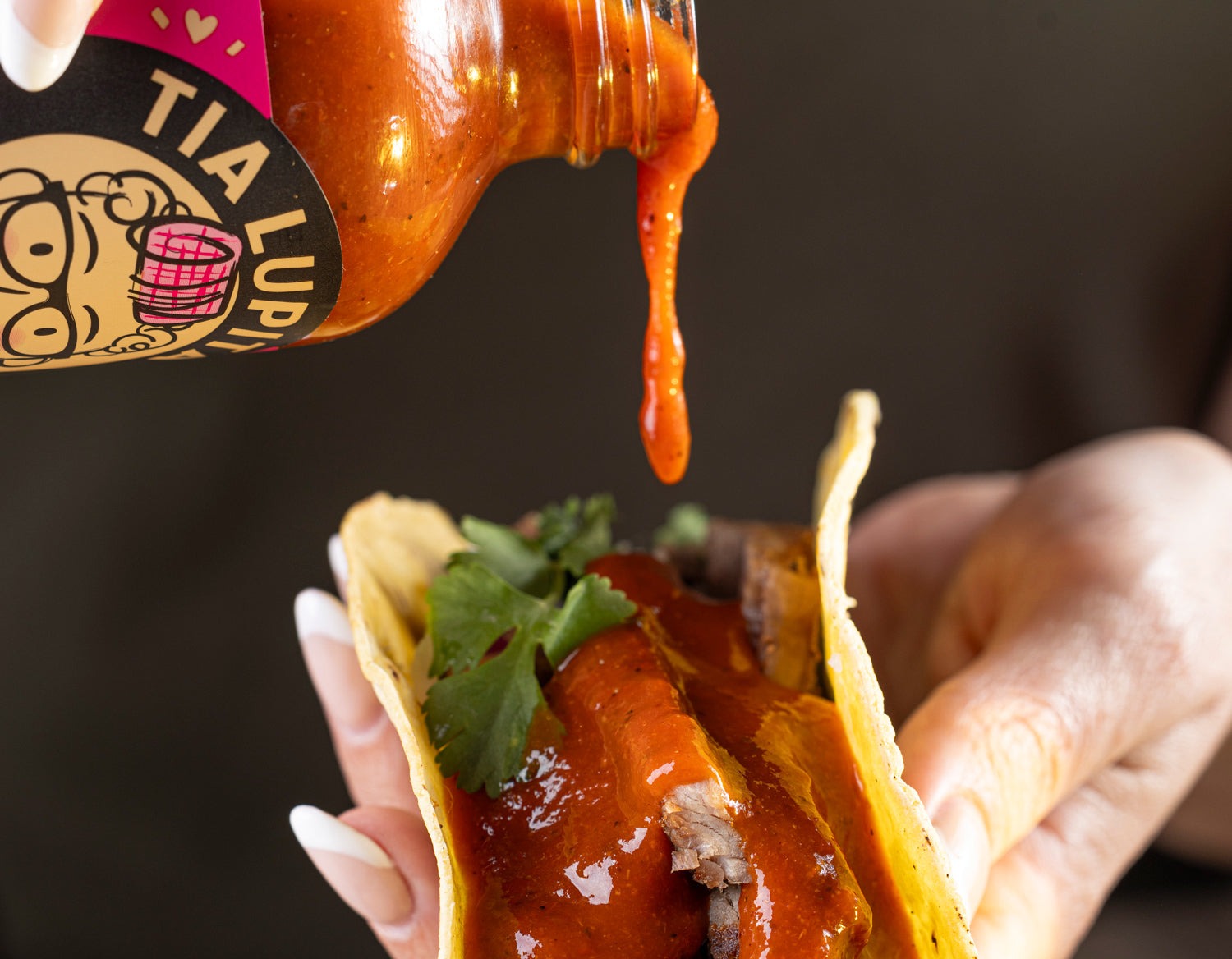No products in the cart.
Blog
Would Consuming Hot Sauce Break A Fast?
The question of whether consuming hot sauce breaks a fast largely depends on the specific type of fast you are observing and what your goals are during that fasting period. Fasting can serve multiple purposes, including weight loss, metabolic health, religious reasons, or activating autophagy (the body’s process of removing damaged cells). Each of these objectives will have slightly different rules for what is permissible during the fasting window.

Intermittent Fasting for Weight Loss or Metabolic Health
If you’re practicing intermittent fasting (IF) for weight loss or metabolic health, the primary goal is to avoid consuming calories during the fasting window. Intermittent fasting typically consists of alternating periods of eating and fasting, such as the popular 16:8 method, where you fast for 16 hours and eat within an 8-hour window. During the fasting period, the goal is to refrain from ingesting anything that causes your body to leave the fasted state.
- Calories: Most hot sauces contain very few calories, usually under 5 calories per serving. Basic ingredients like chili peppers, vinegar, salt, and spices are generally calorie-free or very low in calories. This means that a small amount of hot sauce is unlikely to significantly impact your caloric intake, and as such, it would not technically break your fast from a caloric perspective.
- Metabolic Effects: The main concern with breaking a fast is triggering an insulin response, which can happen when you consume calories or carbs. Since hot sauce doesn’t contain sugar or significant carbohydrates, the likelihood of spiking insulin or halting fat-burning processes is low. The vinegar or acids in hot sauce may actually have beneficial effects on digestion, and capsaicin (the active compound in chili peppers) has been shown to boost metabolism and potentially aid in fat loss. Therefore, a small amount of hot sauce during a fasting period is unlikely to disrupt fat-burning or ketosis, and it could even enhance metabolic activity.
Fasting for Autophagy
If you’re fasting for autophagy, which is the body’s process of cleaning out damaged cells and regenerating new ones, the rules are a bit stricter. Autophagy tends to occur when your body is in a completely fasted state, typically after 16 to 24 hours of fasting. To maximize autophagy, many experts suggest avoiding any caloric intake, as even small amounts of calories can potentially interrupt this cellular cleansing process.
- Caloric Intake: Though hot sauce is low in calories, it still contains trace amounts of energy, especially if it contains additives like sugar or preservatives. Even a few calories might signal to your body that you are no longer in a fasting state, potentially interfering with autophagy. Strict fasters aiming to promote autophagy may prefer to avoid hot sauce to ensure that they stay in a fully fasted state.
- Vinegar and Additives: Another consideration for those fasting for autophagy is the presence of vinegar, acids, or preservatives in hot sauce. These ingredients, while not inherently bad, can potentially trigger a digestive response, releasing enzymes or hormones that might interrupt the fasting process. Although the impact would likely be minimal, if you are strict about autophagy, you might want to steer clear of any flavoring agents during the fasting window.
Religious Fasting
In many religious traditions, fasting is practiced with specific guidelines and rules. For example, during Ramadan, Muslims fast from dawn until sunset, abstaining from all food and drink. In this case, consuming even a small amount of hot sauce would break the fast, as religious fasting requires complete abstinence from any ingestion.
Similarly, in some forms of Christian fasting or other religious fasts, any food or drink beyond water is prohibited. If you are fasting for religious reasons, it’s important to follow the rules laid out by your specific faith, and in most cases, hot sauce (or any food) would not be allowed.
Fasting for Health Reasons
Some people fast for health reasons unrelated to weight loss, such as for improving insulin sensitivity, reducing inflammation, or managing chronic health conditions. The effect of hot sauce on these types of fasting goals would depend on the ingredients.
- Sugar Content: Some commercially available hot sauces include sugar or other sweeteners. Sugar can cause an insulin spike, breaking a fast intended for metabolic health purposes. If your hot sauce contains sugar, it’s best to avoid it during fasting windows.
- Artificial Additives: Other hot sauces may contain artificial preservatives or flavorings, which might not be beneficial if your fast is aimed at detoxification or reducing processed food intake. In these cases, you’d want to either find a hot sauce with a clean ingredient list or avoid it altogether.
Bottom Line
- Intermittent Fasting for Weight Loss or Ketosis: Small amounts of hot sauce, especially those without added sugars or high-calorie ingredients, are unlikely to break a fast. It could even support your fast by adding flavor without calories and potentially boosting metabolism.
- Fasting for Autophagy: If you’re seeking to maximize autophagy, even minimal caloric intake, including hot sauce, could theoretically break your fast. To be safe, it’s best to avoid hot sauce if you want to keep the fast pure for cellular regeneration purposes.
- Religious Fasting: In most religious fasts, any ingestion of food or drink, including hot sauce, would break the fast. Therefore, it should be avoided in such contexts.
If you’re concerned about breaking a fast, always check the ingredients of your hot sauce. Ideally, you want a hot sauce that contains no sugar or artificial additives and has minimal caloric impact to ensure that it doesn’t disrupt your fasting goals.
